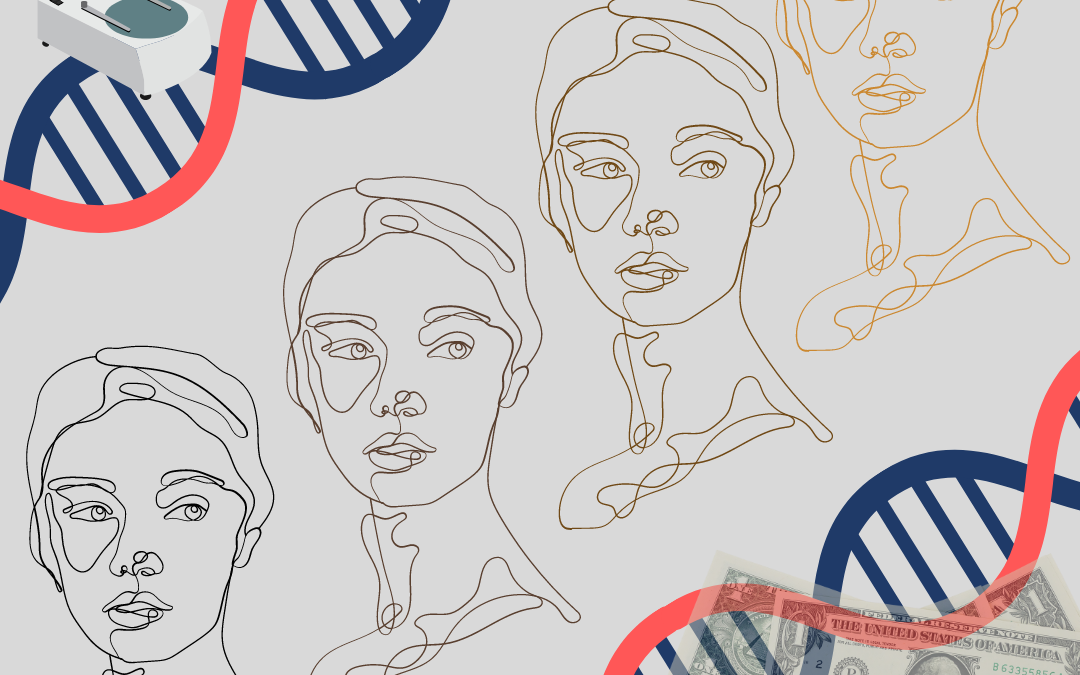On October 4, 2021, the family of Henrietta Lacks filed an intellectual property lawsuit against the biotech company Thermo Fisher Scientific, on the 70th anniversary of her death. Since the family discovered the unauthorized use of Lacks’ cells in 1975, neither Lacks nor her descendants have received any compensation or true recognition for the use of Lacks’ cells.
Henrietta Lacks’ cell line was discovered in 1951 when she sought treatment for cervical cancer at Johns Hopkins Hospital. Without Henrietta’s consent or knowledge, her cells were sent to a laboratory for research. The doctor discovered that unlike other cell cultures that died immediately upon delivery to the laboratory, Lacks’ cells uniquely continued to divide. The immortal cell line, now known as HeLa cells, were a foundation tool of research for development of the polio vaccine, in vitro fertilization and recently SARS-Cov-2 research in human cells. Although today it would be considered extremely intrusive and require informed consent under Federal law, during that period it was common practice to collect extra samples from patients during biopsies to use for research purposes. The Lacks case is often cited together with the case Moore v. Regents of the University of California, in which the court ruled that a person’s tissue and cells are not their property and can be commercialized.
In 2013, researchers published the DNA sequence of the genome of a strain of HeLa cells. The Lacks family objected to the genetic information becoming available for public access. A later agreement was reached between the National Institutes of Health (NIH) and the Lacks family that gave the family some control over access to the DNA sequence in two studies and a promise of acknowledgement in scientific papers.
Today, Thermo Fisher has made profits by selling HeLa cells to researchers for up to $2,000 per milliliter. Attorney Benjamin Crump is representing the Lacks family in the lawsuit to hold Thermo Fisher and other pharmaceutical companies accountable for their public commitments to social justice. Attorney Crump also cites legal precedent under inheritance law, “When people get patents and trademarks, their children continue to get benefits from their contribution for generations,” Crump said. “It’s not like we’re saying we have to do something that’s earth-shattering to figure out the equity that should go to Henrietta’s estate.”
The family is seeking disgorgement of profits (“the act of giving up something such as profits illegally obtained on demand or by legal compulsion”) and equitable tracing (“a claimant demonstrates what has happened to their property, identifies the proceeds and those persons who have handled or received them, and asks the court to award a proprietary remedy in respect of the property”) of the cell sequence. The family has stated this suit against a big pharmaceutical outlet is the first of many to come.

